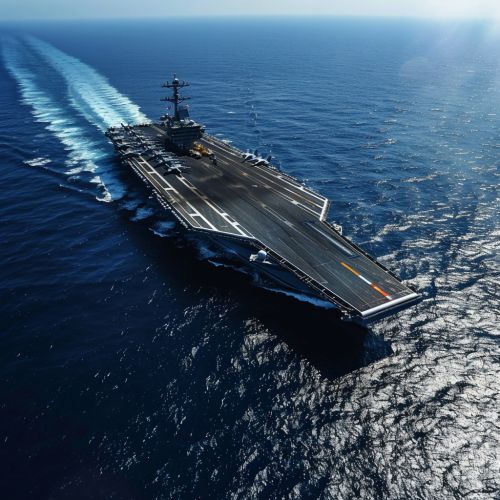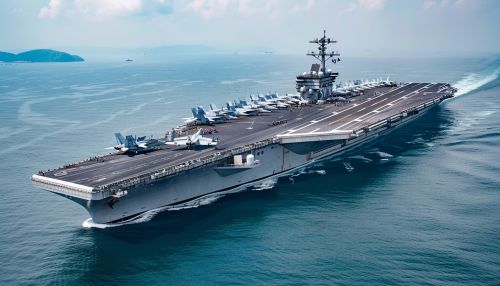Carl Vinson
Early Life and Education
Carl Vinson was born on November 18, 1883, in Baldwin County, Georgia, USA. He was the son of Edward S. Vinson and Annie Morris Vinson. Growing up in a rural environment, Vinson developed a strong work ethic and a deep understanding of the agricultural community, which would later influence his political career. He attended local schools before enrolling at Georgia Military College in Milledgeville, Georgia. Vinson later transferred to Mercer University in Macon, Georgia, where he earned a law degree in 1902.
Early Political Career
After completing his education, Carl Vinson began practicing law in Milledgeville. His legal career quickly transitioned into politics when he was elected to the Georgia House of Representatives in 1908. Vinson served in the state legislature until 1912, when he was elected as a judge of the Baldwin County Court. His tenure as a judge was short-lived, as he was elected to the United States House of Representatives in 1914, representing Georgia's 10th congressional district.
Congressional Career
Upon entering Congress, Vinson quickly established himself as a dedicated and influential legislator. He was appointed to the House Naval Affairs Committee, where he began to focus on strengthening the United States Navy. Vinson's commitment to naval expansion and modernization earned him the nickname "Father of the Two-Ocean Navy." He played a crucial role in the passage of several key pieces of legislation, including the Naval Act of 1938, which authorized a significant increase in naval construction.
Armed Services Committee
In 1947, the House Naval Affairs Committee merged with the House Military Affairs Committee to form the House Armed Services Committee. Vinson became the first chairman of this newly formed committee, a position he held until 1965. Under his leadership, the committee oversaw the reorganization of the Department of Defense and the implementation of the National Security Act of 1947, which established the United States Air Force as a separate branch of the military.
Legislative Achievements
National Defense Act of 1920
One of Vinson's early legislative achievements was the National Defense Act of 1920. This act reorganized the United States Army and established the framework for the modern National Guard. It also provided for the expansion of the Army Air Service, which would later become the United States Air Force.
Vinson-Trammell Act
In 1934, Vinson co-sponsored the Vinson-Trammell Act, which authorized the construction of new naval vessels and set limits on the size and armament of warships. This act was a response to the growing threat of global conflict and aimed to ensure that the United States Navy remained a formidable force.
The Naval Act of 1938, also known as the Second Vinson Act, was another significant piece of legislation championed by Carl Vinson. This act authorized a 20% increase in the size of the United States Navy and provided funding for the construction of new aircraft carriers, battleships, and cruisers. The act was instrumental in preparing the United States for its eventual involvement in World War II.
National Security Act of 1947
As chairman of the House Armed Services Committee, Vinson played a key role in the passage of the National Security Act of 1947. This landmark legislation reorganized the United States military and intelligence agencies, creating the Department of Defense, the National Security Council, and the Central Intelligence Agency (CIA). The act also established the United States Air Force as an independent branch of the military.
Legacy and Honors
Carl Vinson's contributions to the United States military and national defense were widely recognized during his lifetime and continue to be honored today. In 1964, he was awarded the Presidential Medal of Freedom by President Lyndon B. Johnson. Vinson retired from Congress in 1965, having served for over 50 years, making him one of the longest-serving members in the history of the House of Representatives.


In 1980, the United States Navy commissioned the USS Carl Vinson (CVN-70), a Nimitz-class aircraft carrier named in his honor. The ship has played a vital role in numerous military operations and continues to serve as a testament to Vinson's enduring legacy.
See Also
- National Defense Act of 1920
- Vinson-Trammell Act
- Naval Act of 1938
- National Security Act of 1947
- USS Carl Vinson (CVN-70)
